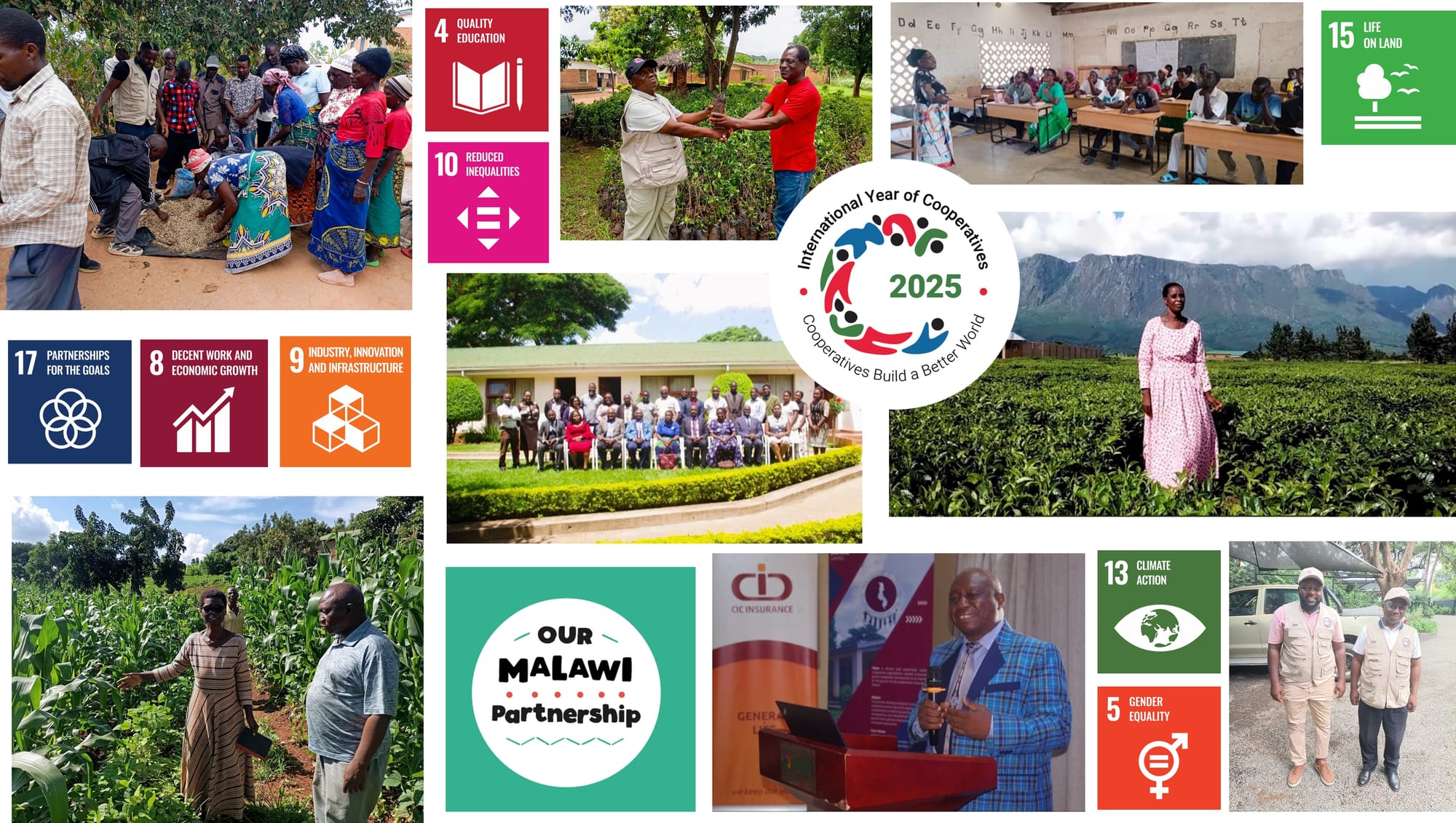
Our Malawi Partnership
Date Published: 10/03/2025 | Blog category: Other
Building a better world.
Your continued support for Our Malawi Partnership has enabled us to contribute so much!
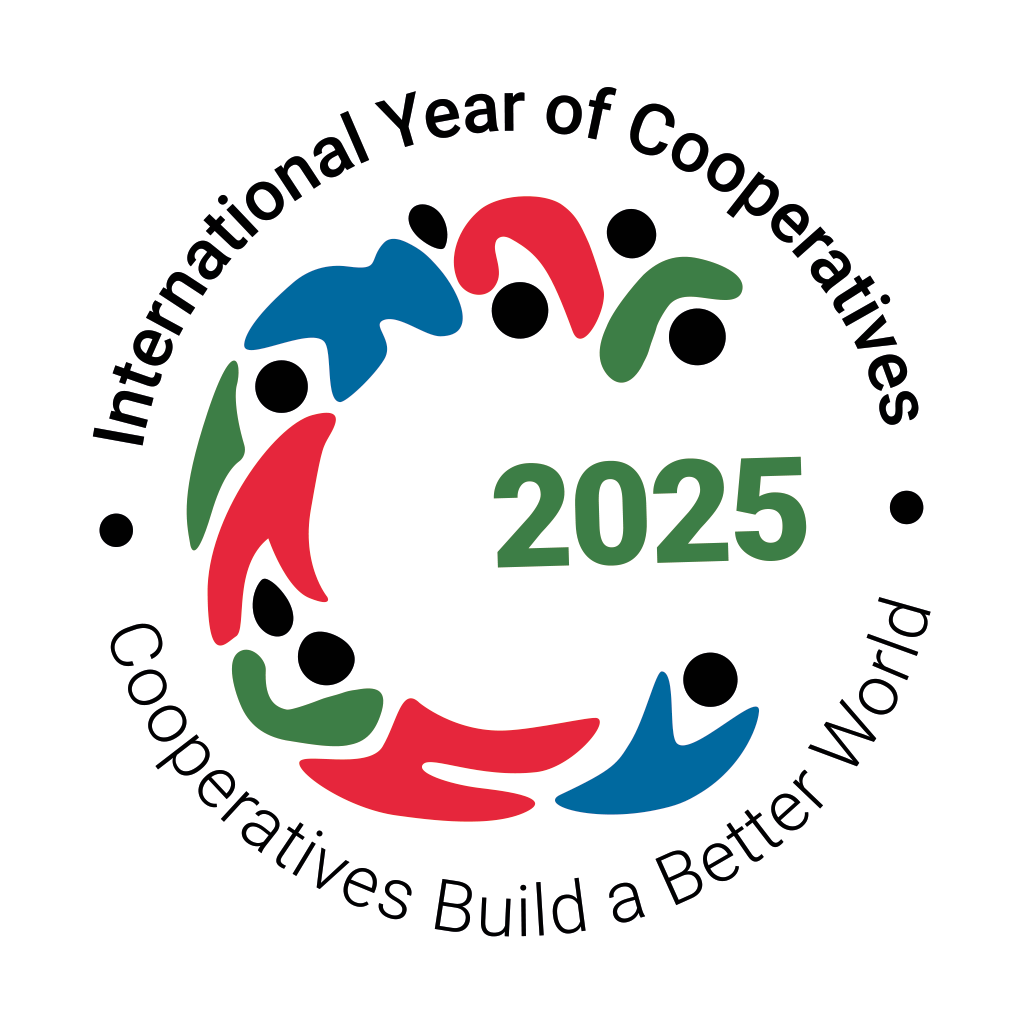
Throughout the UN's International Year of Co-operatives, we'll share how our Society's activity supports the UN’s sustainable development goals – used by Co-ops worldwide to report on how they’re working towards building a better World.
Today we bring you an update from Malawi. We’re delighted with the reach and impact of the Our Malawi Partnership initiative and look forward to what we can achieve collectively for the future.
Since launching the initiative in 2022 we’ve -
• Significantly increased coffee production from.
• Increased organic fertiliser use across local farmers.
• Supported 30 Co-op Union members with over 2000 macadamia seedlings.
• Supported female farmers in growing, sustaining and selling their crops.
• Brought cleaner water to 37,000 people though One Foundation’s ‘Beyond Boreholes’ programme.
• Facilitated Highland Macadamia Co-op Union back into Fairtrade status.
• And so much more . . .
These results demonstrate what's possible through our Members’ dedication and co-operative working. To date, you’ve bought close to £850,000 worth of OMP related products that directly contribute towards our work in Malawi.
Our Malawi Partnership strengthens trading opportunities and growth which in turn builds a virtuous circle that tackles poverty. The work we do supports many the UN’s 17 Sustainable Development Goals, but our collective effort addresses so much more.
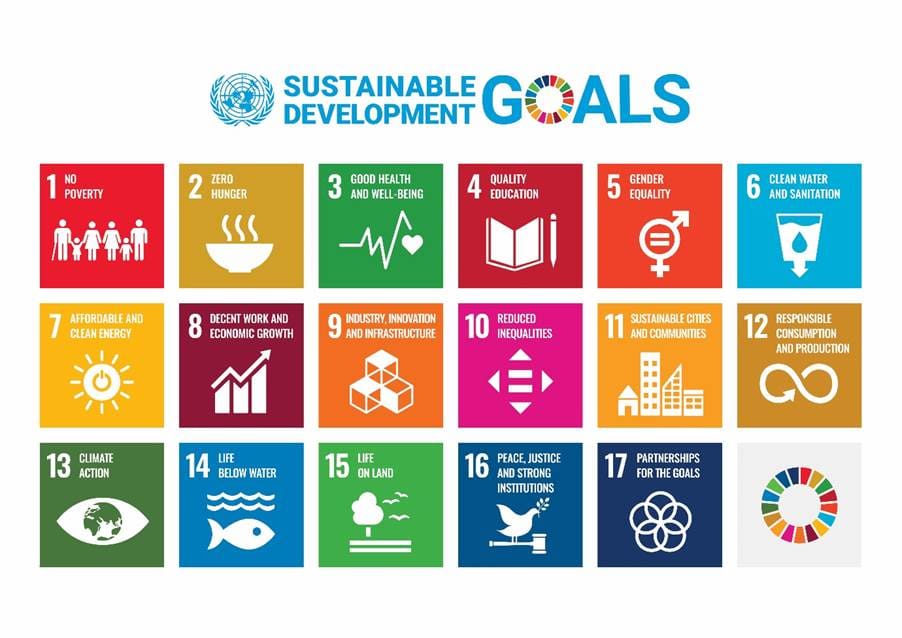
Our Malawi Partnership - supporting equality.
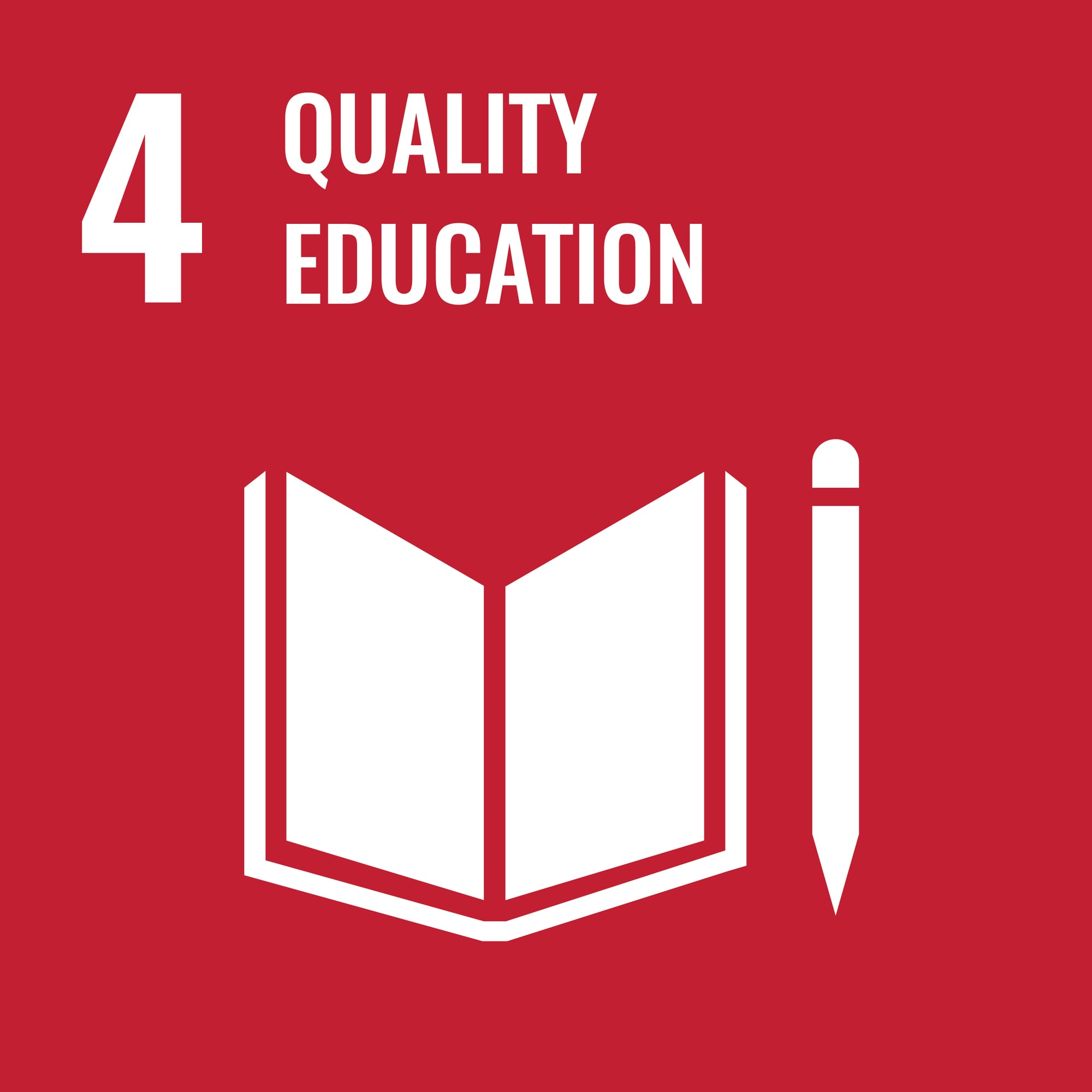
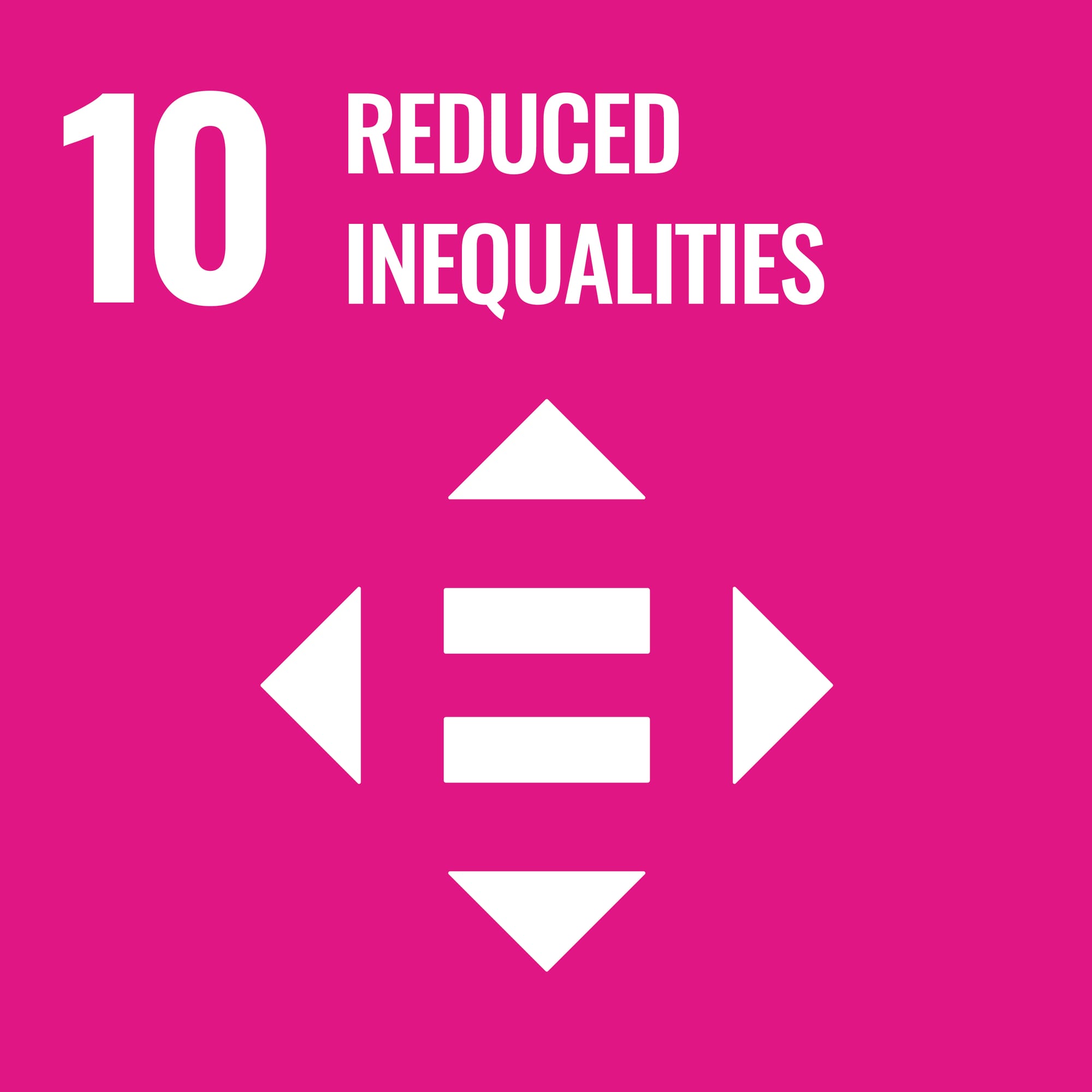
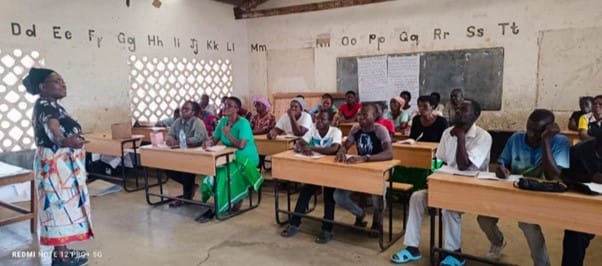
MAFECO staff participated in comprehensive gender awareness training, facilitated by Khadija Suleman, a seasoned gender specialist volunteer from Co-operative Development Foundation (CDF) of Canada’s Voice for Women and Girls initiative. The CDF is a global social impact partner that collaborates with local communities to build their capacity to achieve sustainable economic and social development.
By applying the skills learned, MAFECO aims to ensure that its programmes are equitable, impactful, and responsive to the diverse needs of all members, particularly women and marginalised groups.
Our Malawi Partnership - mitigating climate change
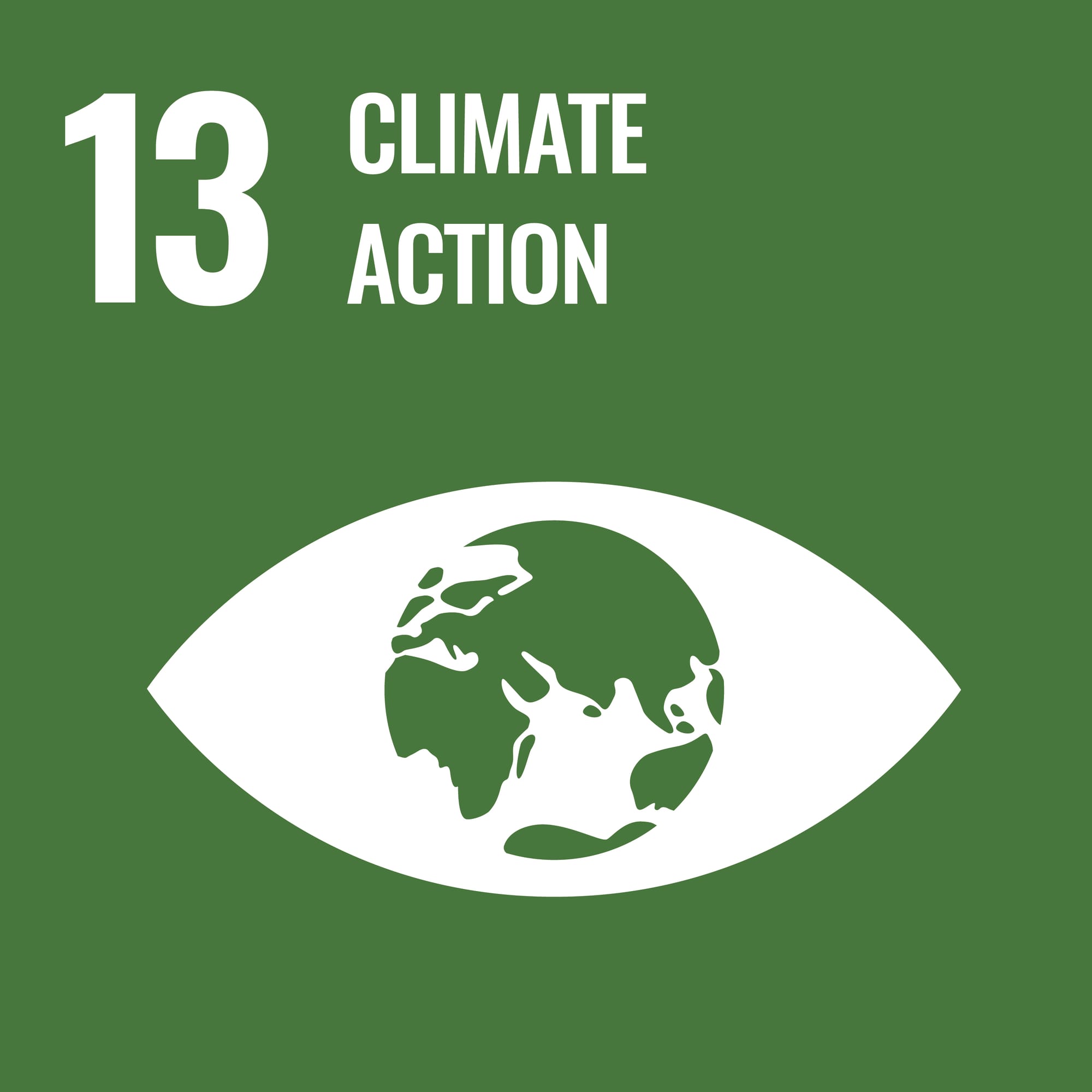

MAFECO Executive Director giving opening remarks during stakeholders platform
As part of its commitment to climate change mitigation, and supported by Our Malawi Partnership, Malawi Federation of Co-operatives (MAFECO) has developed a comprehensive environmental policy. This policy serves as a guiding framework for implementing sustainable practices that promote biodiversity conservation to safeguard the environment.
The aim is to ensure that all operations and activities align with eco-friendly principles, reducing MAFECO’s carbon footprint and fostering environmental resilience. By integrating this policy into its core operations, MAFECO will contribute to global climate action while protecting natural ecosystems and supporting the wellbeing of its Members and surrounding communities.
Our Malawi Partnership – strengthening co-operative unions.
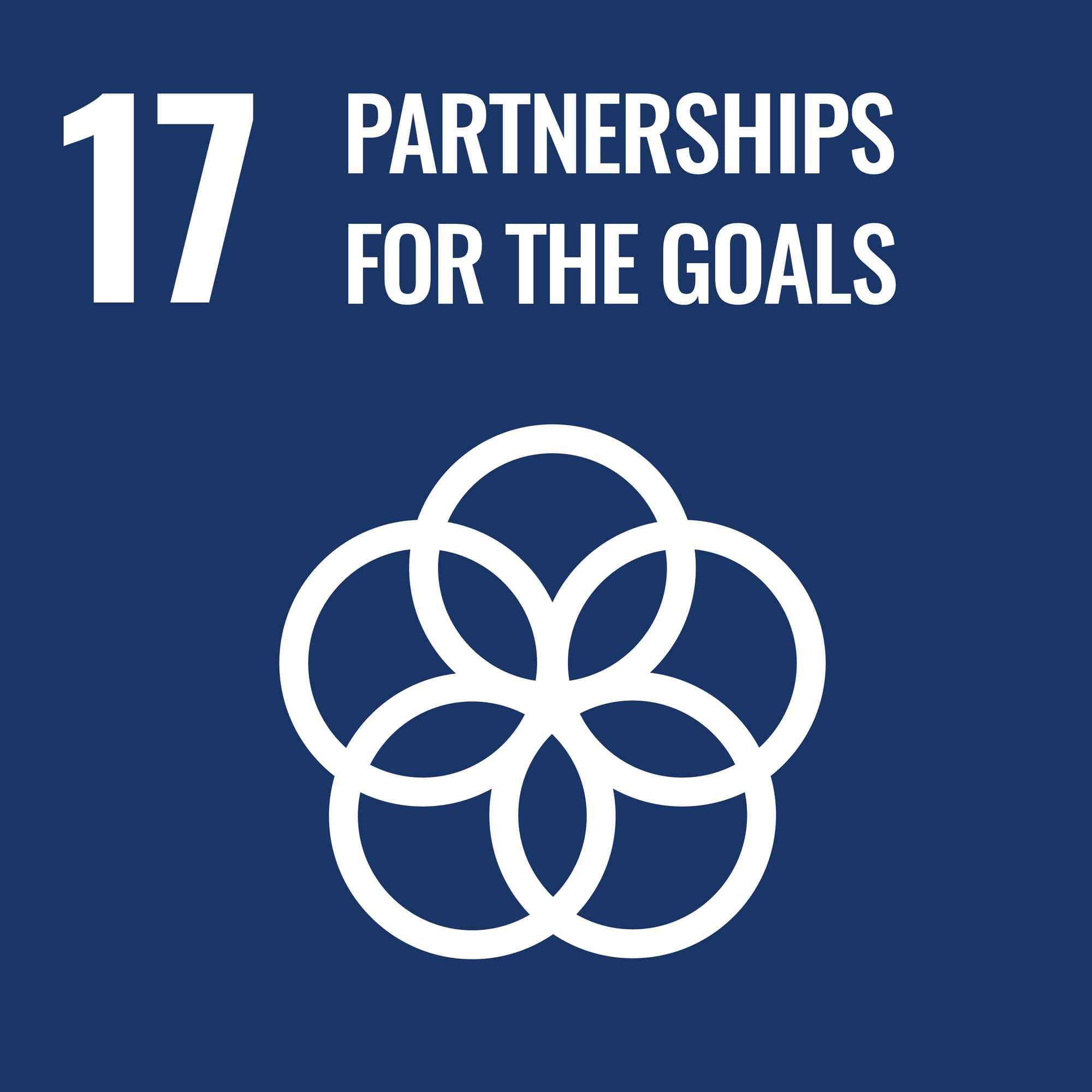
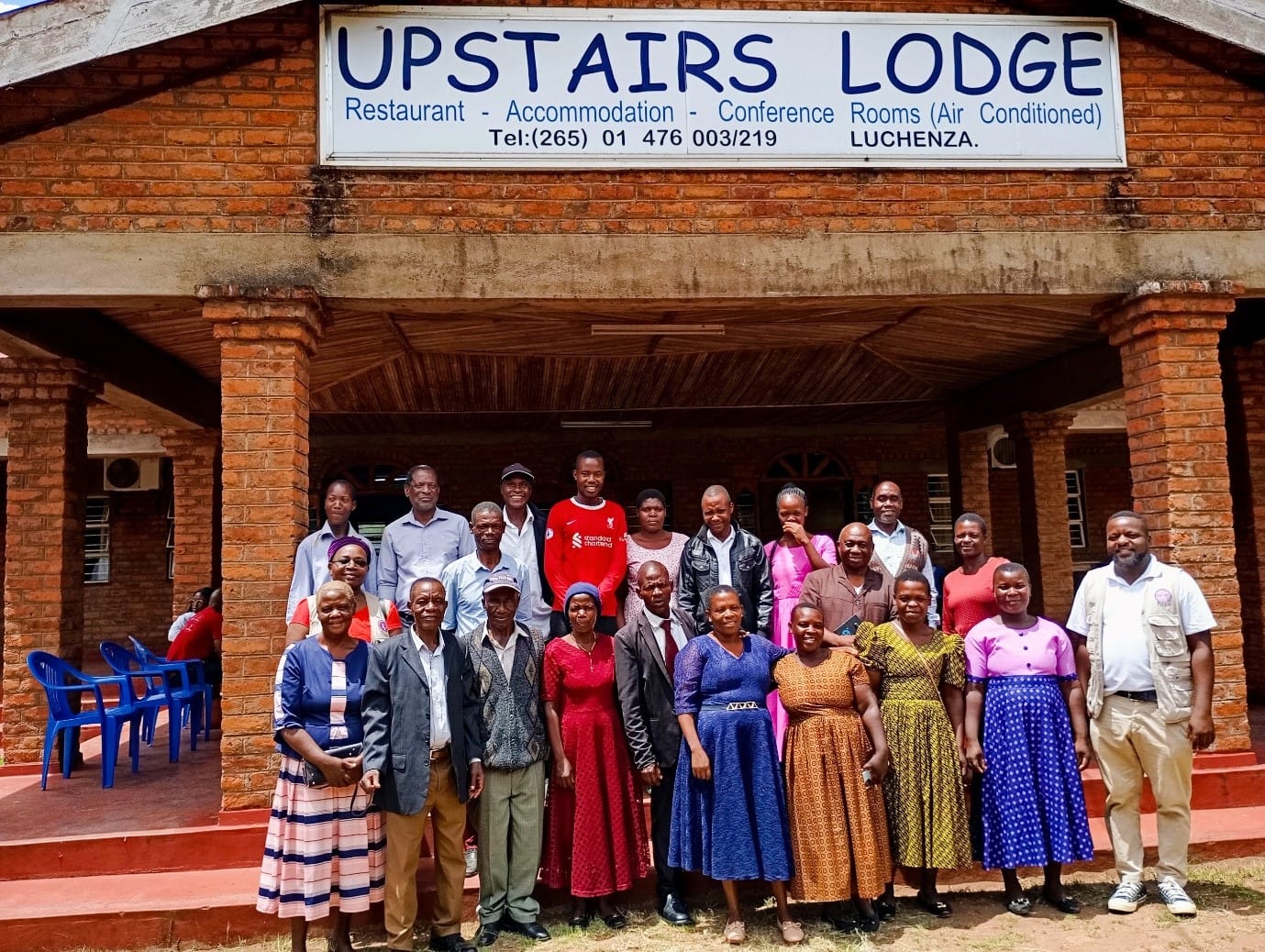
MULATHO Tea Growers Co-operative Union Pose for a picture after their first AGM
Our Malawi Partnership has developed Mzuzu coffee stakeholders through its governance and other outreach initiatives. The union’s commitment to sustainable farming practices, fair trade principles, and consistent product quality has resonated well with both local and international markets.
Sales for Mzuzu Coffee Co-operative Union have experienced significant growth, reflecting the increasing demand for its high-quality coffee products. This upward trend is largely attributed to the strong reputation that Mzuzu Coffee has cultivated over time.
Additionally, strategic marketing, partnerships, and participation in global coffee exhibitions have further raised the brand’s visibility and appeal.
Our Malawi Partnership continues to strengthen unions and production in Malawi across many crops including coffee, ground nut and tea. This included providing MULATHO tea co-op union with ten thousand tea seedlings to enhance productivity and address gaps within their existing tea plantations.
This support boosts overall yield, improves plantation density, and contributes to the long-term sustainability of their tea cultivation efforts.
Our Malawi Partnership - supporting good agricultural practices
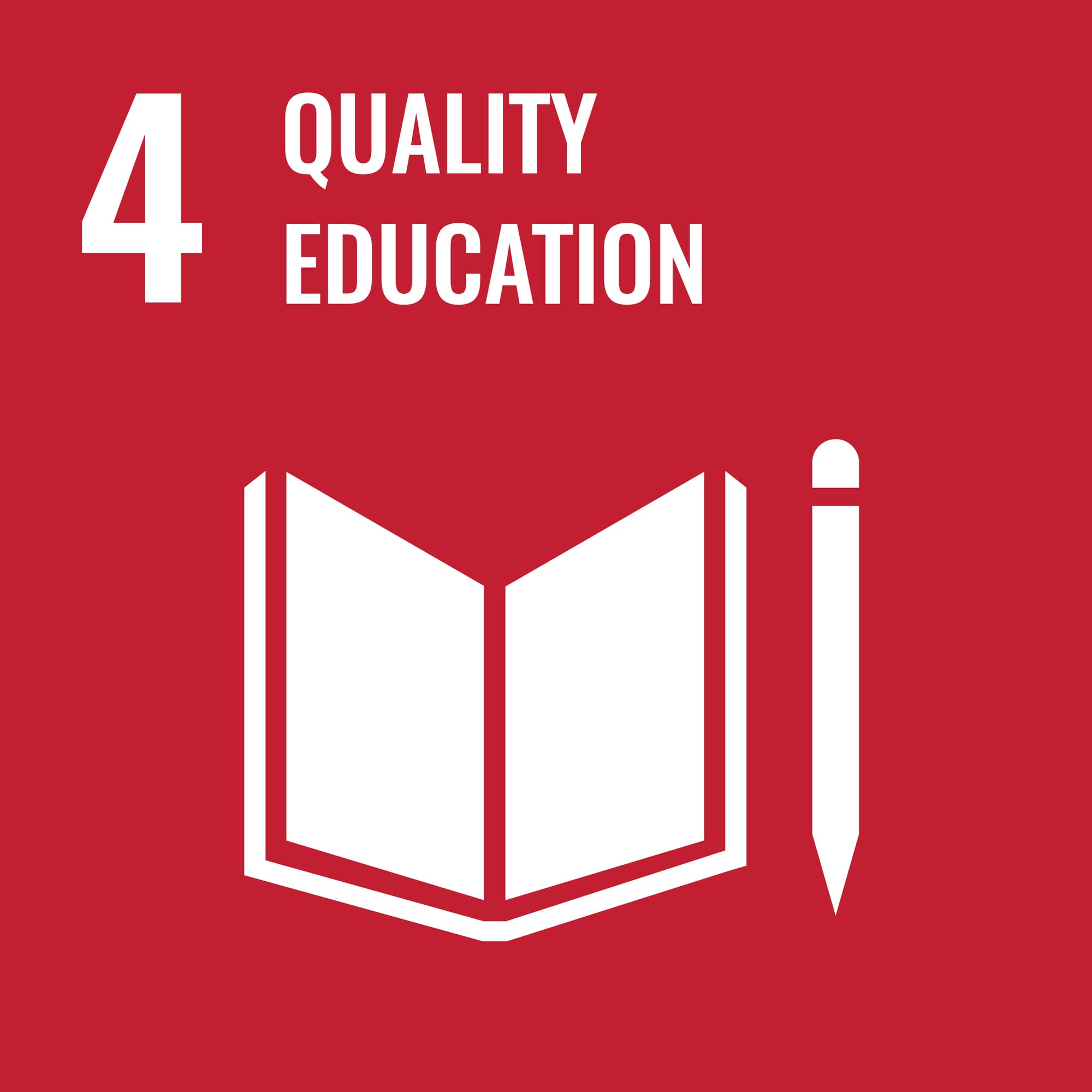
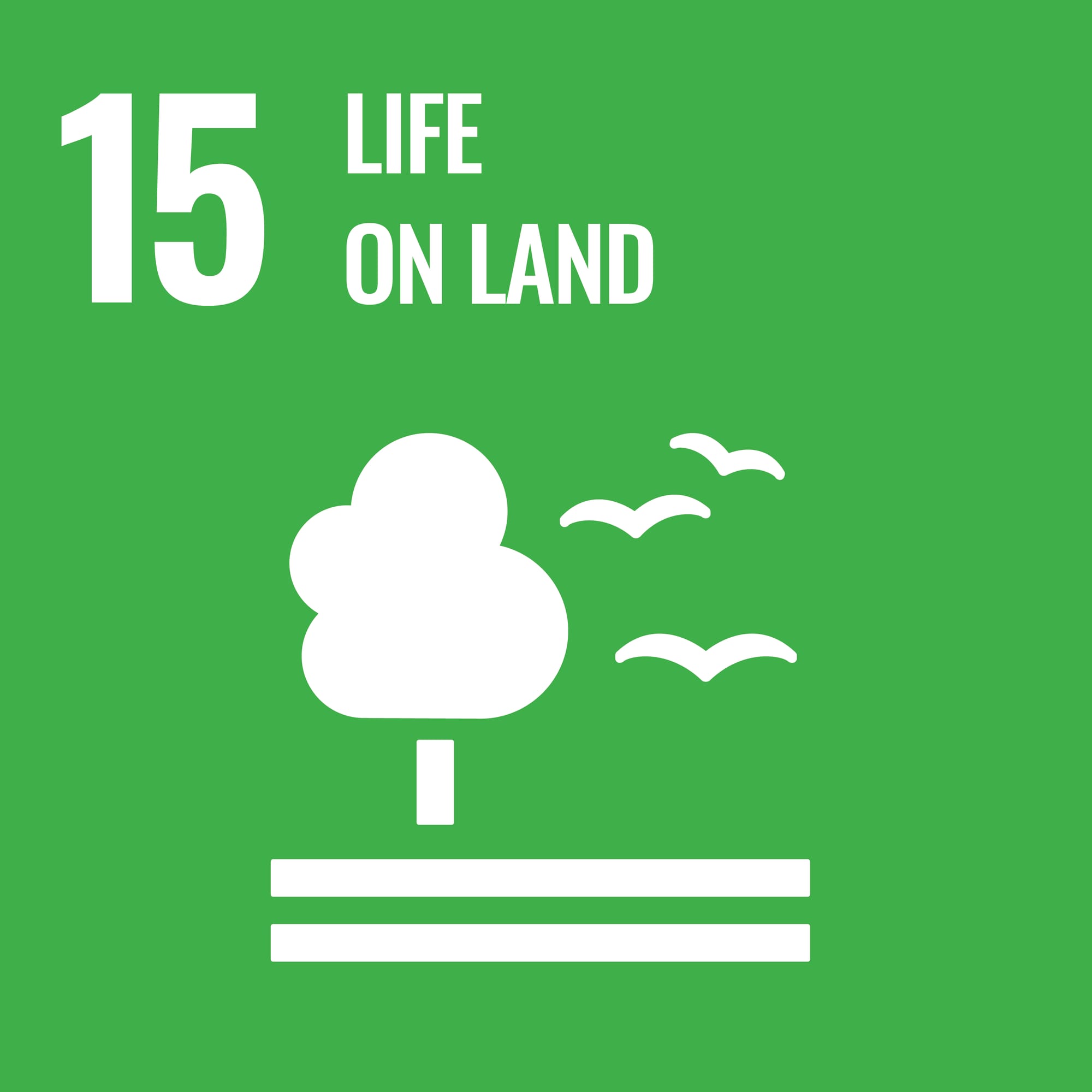
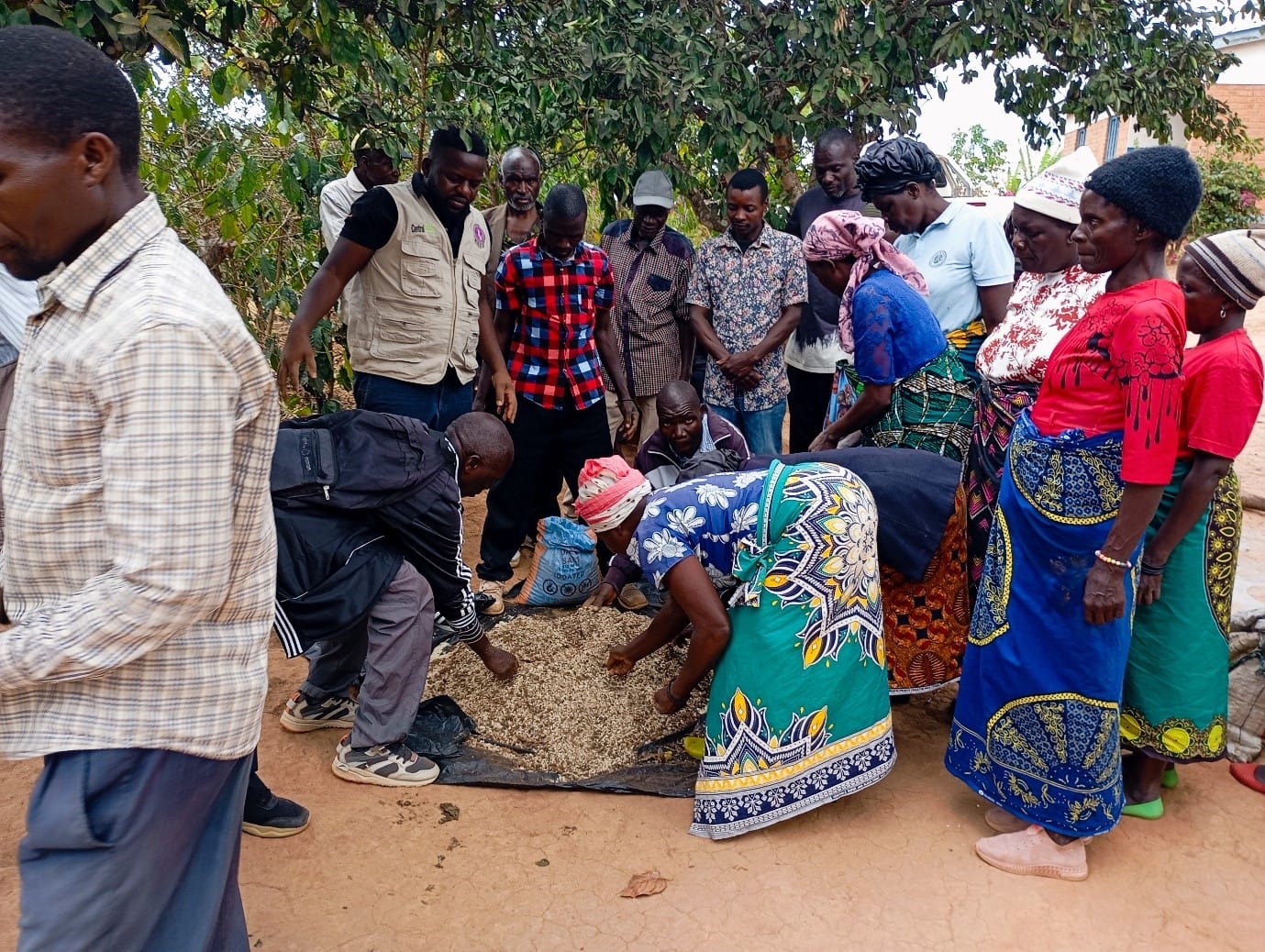
Organic Fertilizer Training at Mzimba Southeast Coffee Growers Co-operative Society, an affiliate of Mzuzu Coffee
Our Malawi Partnership continues to increase organic fertilizer training for hundreds of farmers following initial training sessions delivered a year ago. Ongoing refresher courses are conducted to reinforce previous knowledge and ensure best practice is maintained.
Additional farmers are trained with the skills to be more sustainable whilst improving productivity. This ongoing education highlights the OMP initiative’s commitment to enhancing agricultural expertise and fostering long-term growth.
Our Malawi Partnership - supporting Malawian women.
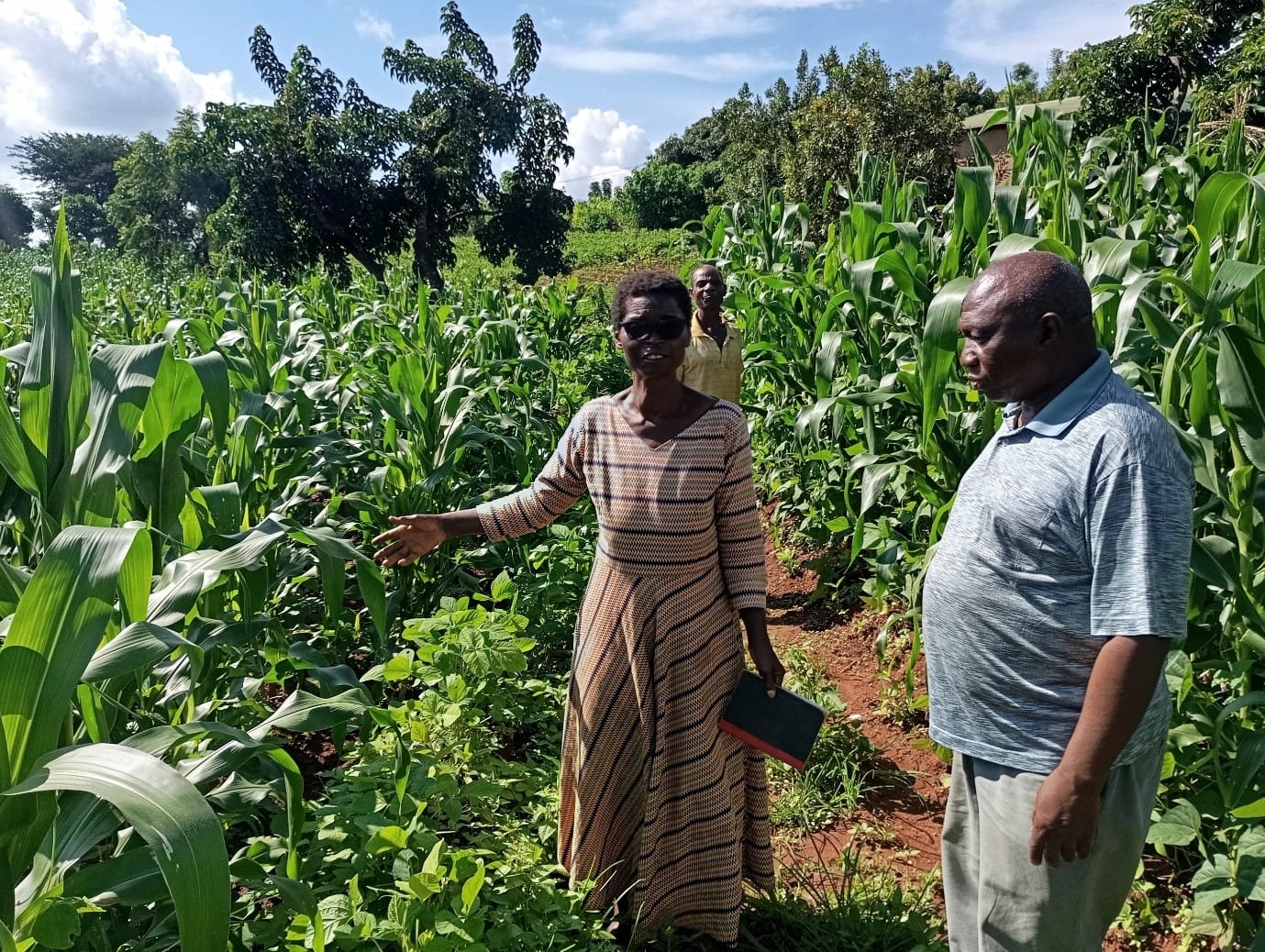
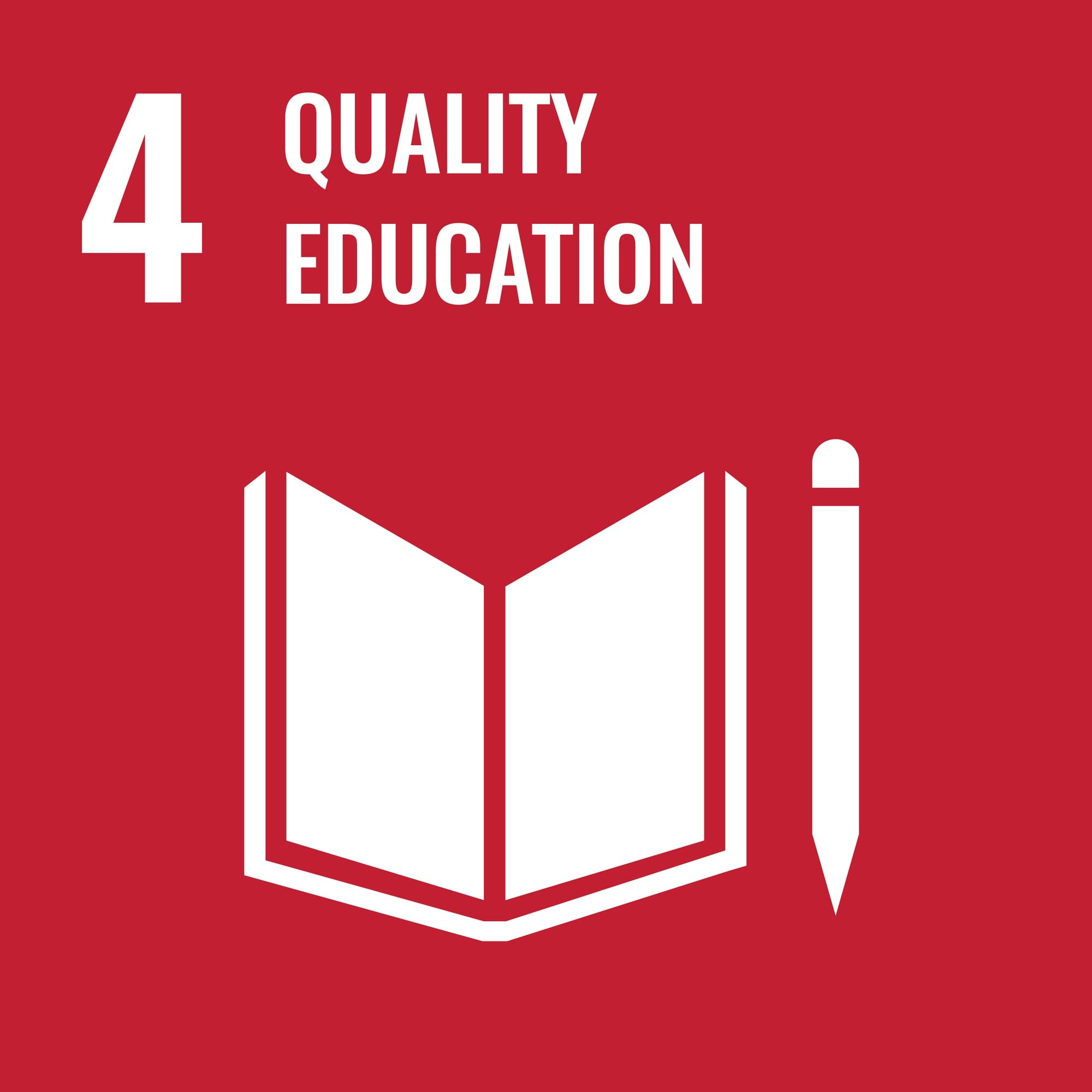
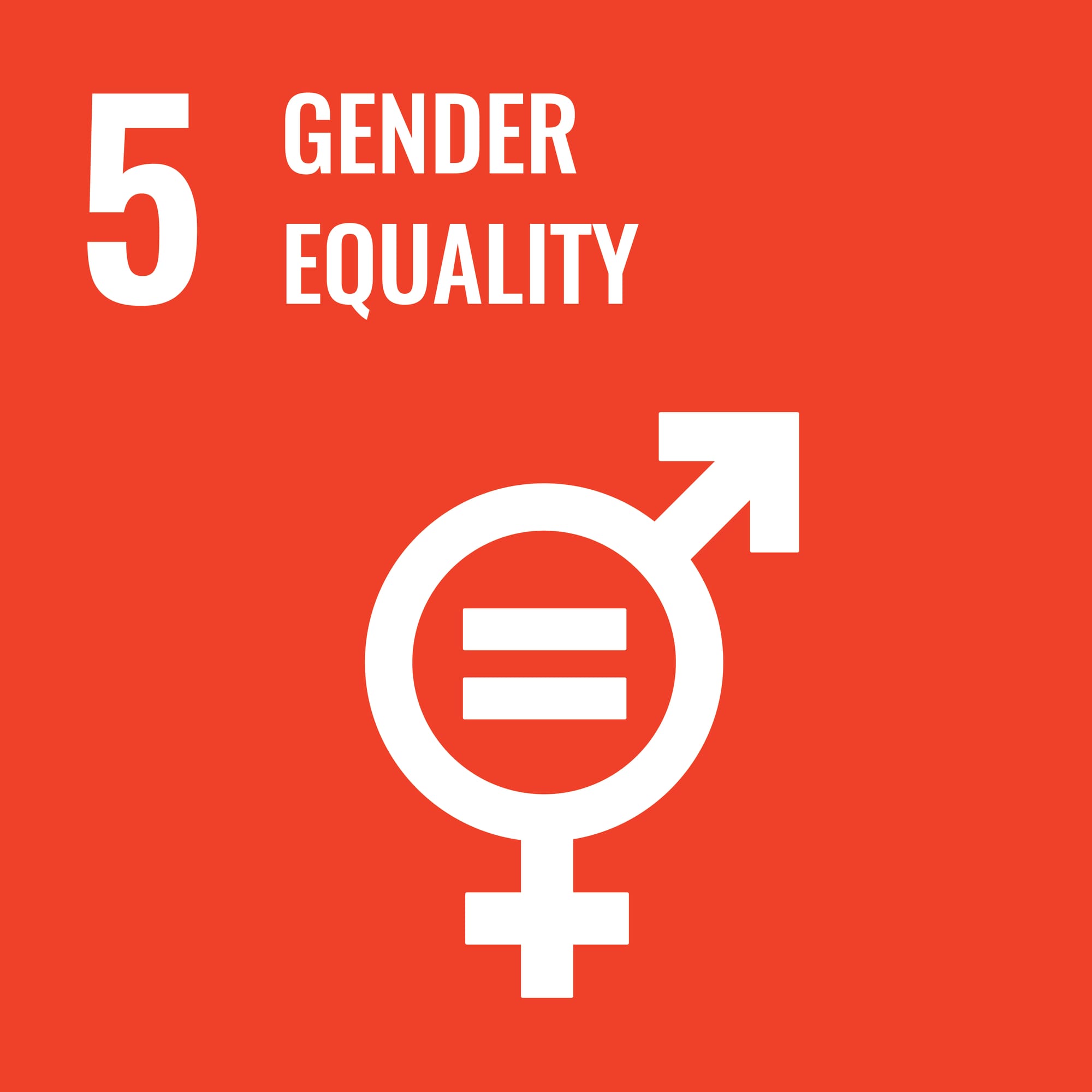
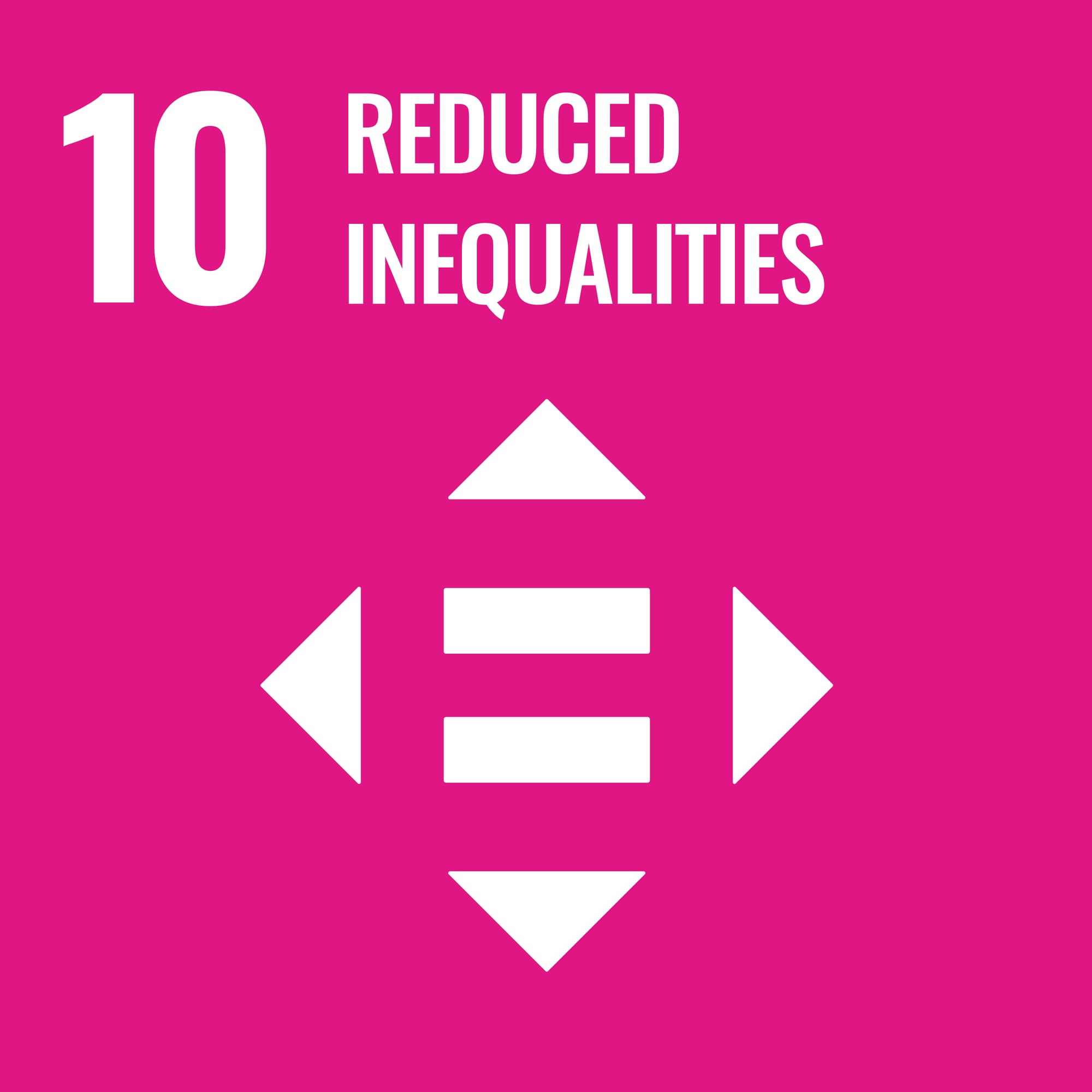
Field visit to HIMACUL where Rosemary Kaphadzale explains the advantages of using organic fertilizer
Two primary co-operatives, Chikwatula and Mphanza, made history by electing women as their chairpersons. One of the elected leaders is Rosemary Kaphadzale, who not only serves as chairperson but is also an active and successful recipient of support for her farming activity through Our Malawi Partnership. See more of Rosemary’s story later in this blog.
Also, for the first time since its registration Mphanza, one of Malawi’s women-led co-operatives, has achieved a significant milestone by generating a profit and disbursing dividends to its Members. This accomplishment is partially attributed to the impactful governance and co-operative Member education training delivered through Our Malawi Partnership, which has empowered Mphanza co-operative to operate more effectively and sustainably.
Our Malawi Partnership - connecting co-ops
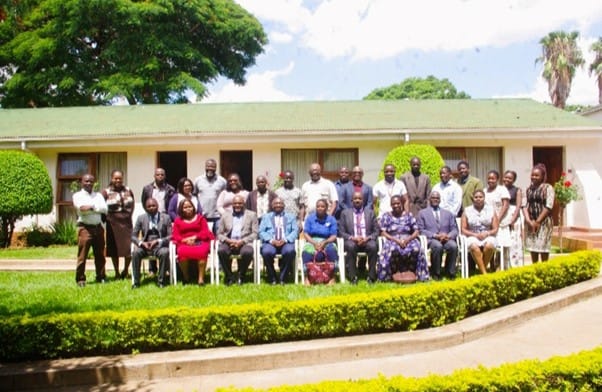
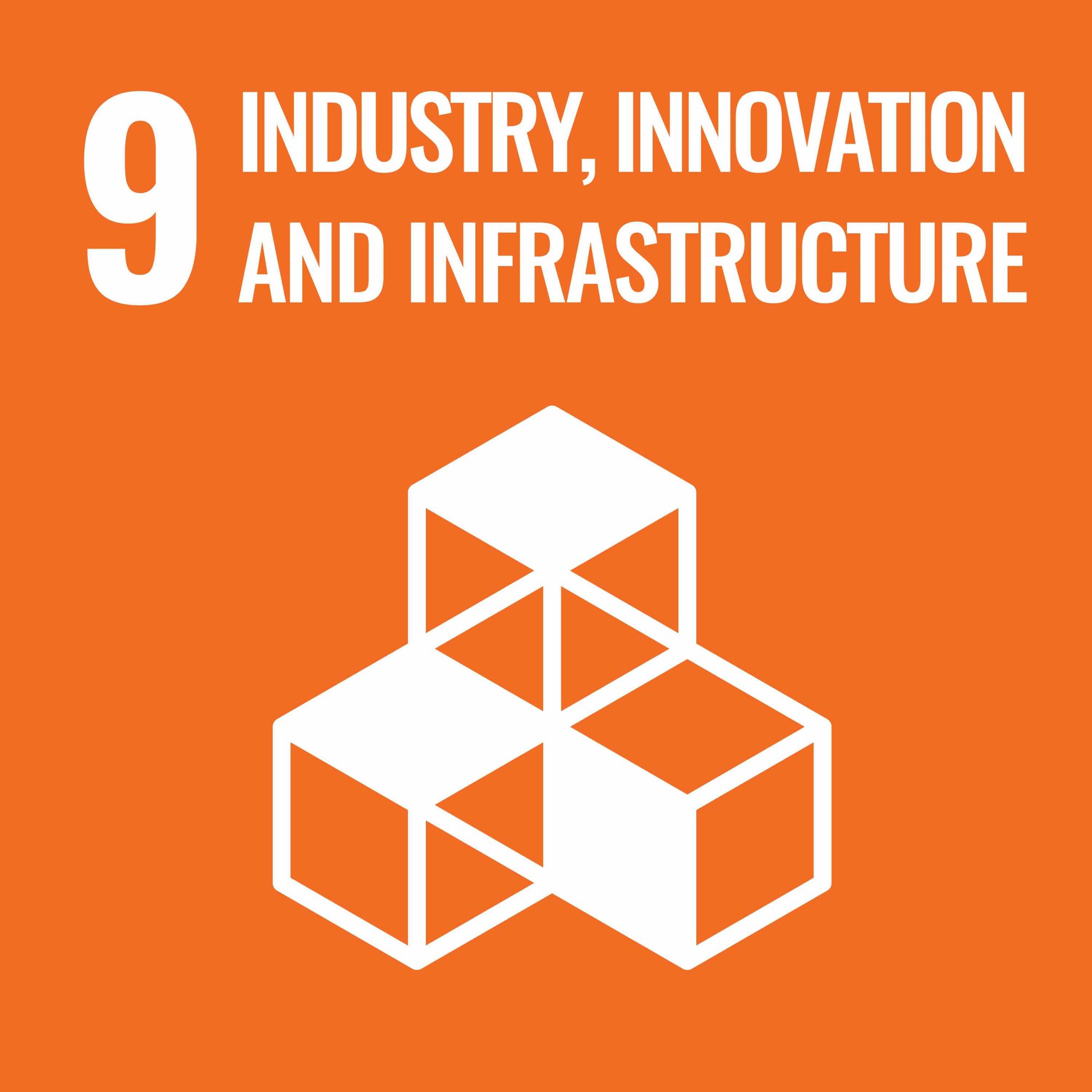
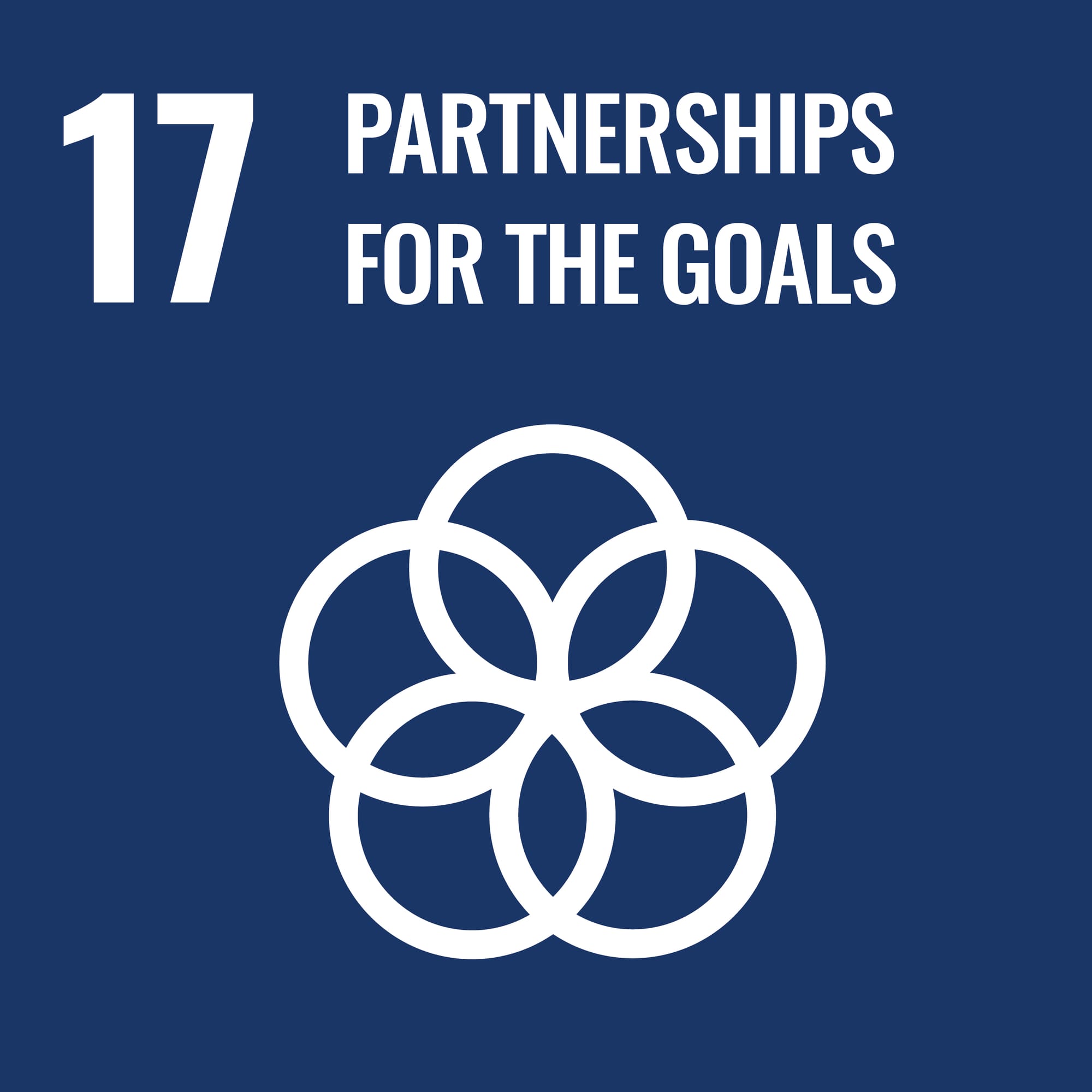
The co-operative stakeholder platform members pose soon after the meeting- Sunbird Lilongwe Hotel
MAFECO is leading the way with the introduction of a Co-operative Stakeholder Platform, a groundbreaking digital initiative that unites key partners in the co-operative sector. This new platform serves as a collaborative space to streamline efforts, improve efficiency and amplify the collective voice of co-operative stakeholders.
Through the platfom, co-operative stakeholders have gained access to resources, training, and networking opportunities, further empowering them to contribute effectively to the growth and sustainability of co-operatives in Malawi.
The platform has already demonstrated its effectiveness through tangible outcomes. For instance, it was successfully used to help engaged the government in the review of co-operative policies which went on to be endorsed by cabinet. This highlights the platform's potental to influence policy and drive meaningful change in the co-operative sector.
Through the Co-operative stakeholders’ platform a tasks force has been put in place with the aim of organising the launch of the plan which will commemorate the UN's International Year of Co-operatives.
MAFECO's efforts are supported by Our Malawi Partnership which plays a crucial role in delivering the platform's initiatives.
Our Malawi Partnership - tree planting promise
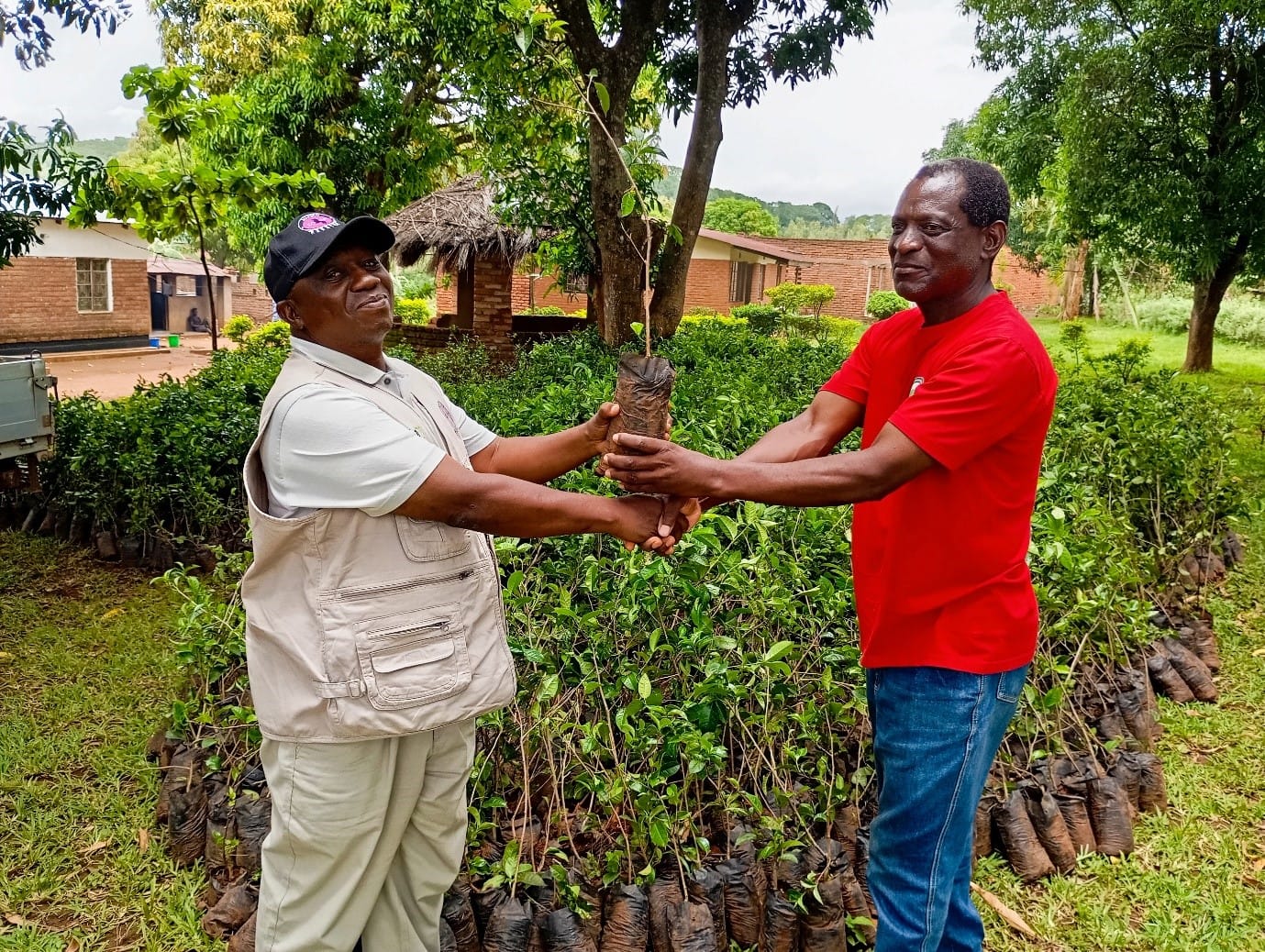
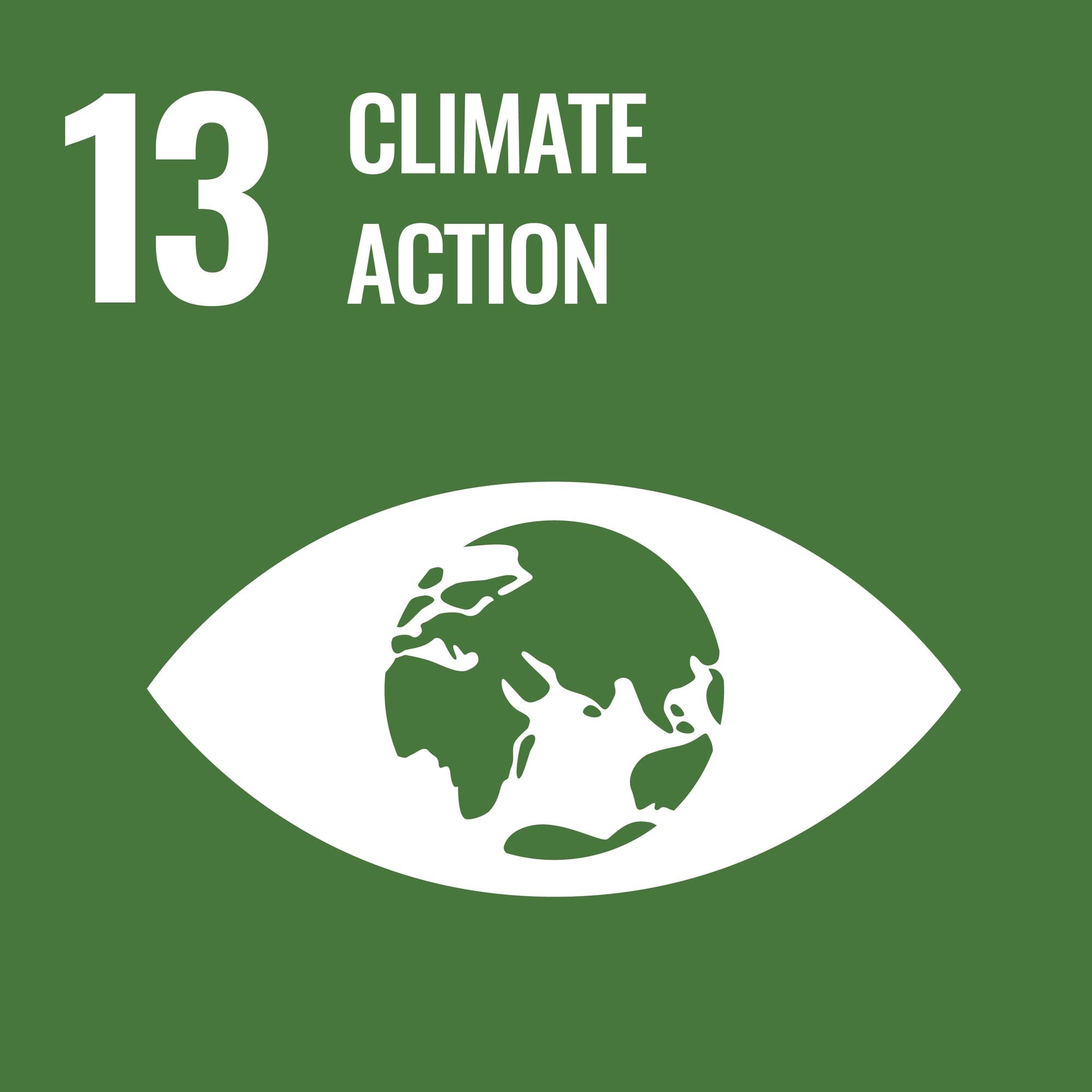
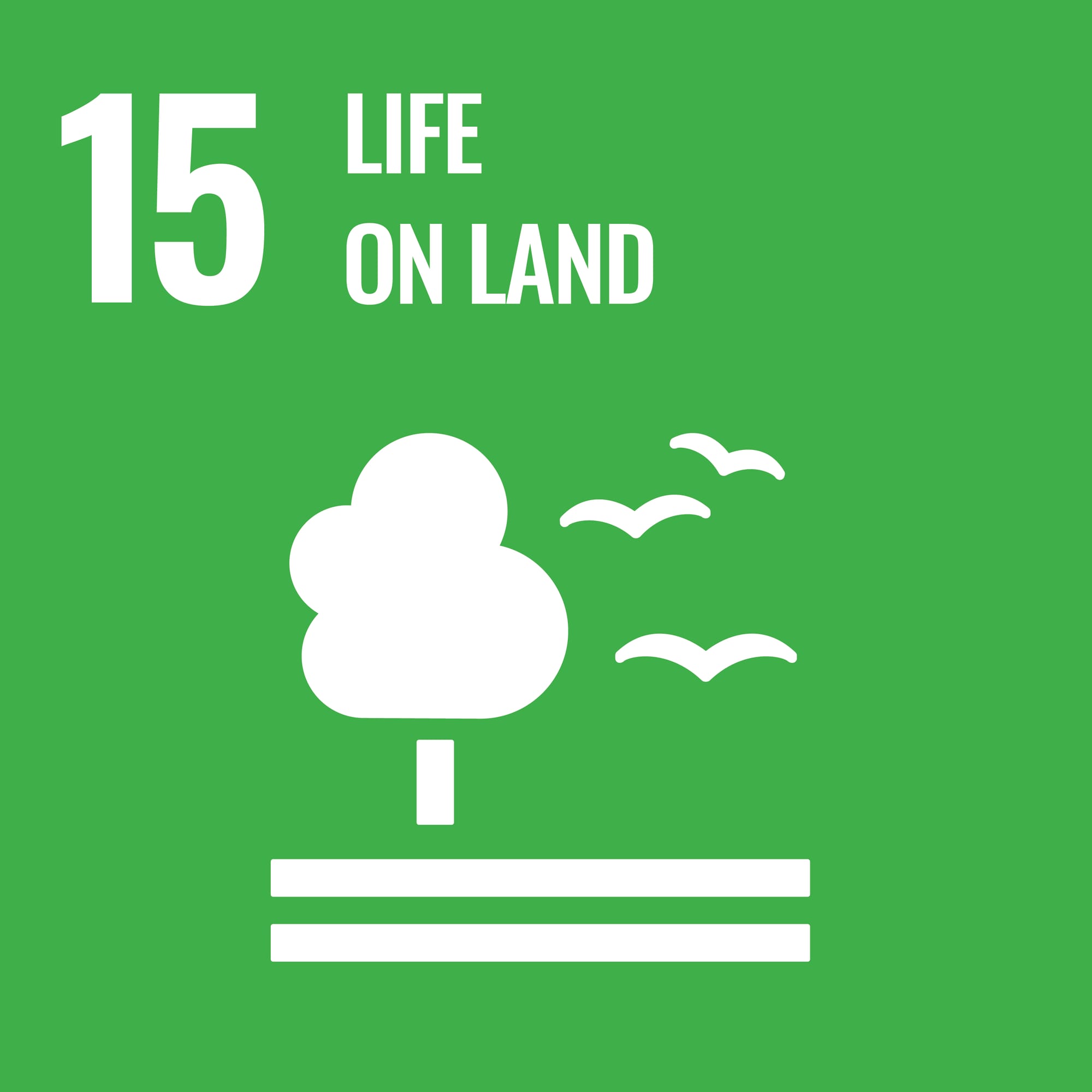
MAFECO Executive Director Officially handing over 10,000 tea seedlings to Mulatho Secretary
Working with Co-op Climate Action we’ve now planted almost 8000 trees following our commitment to further our work in Malawi by planting a tree for every funeral we care for.
Malawi has suffered from the severe changing weather conditions that have been experienced across the globe. Strategic tree planting can reduce the impact of floods which are more frequent due to climate change and cause loss of life as well as economic damage.
Using the co-operative model, sustainable harvesting of forest products can further boost local economies in addition to restoring the vital tree cover that protects the extraordinary diversity of wildlife in Malawi.
Rosemary’s story
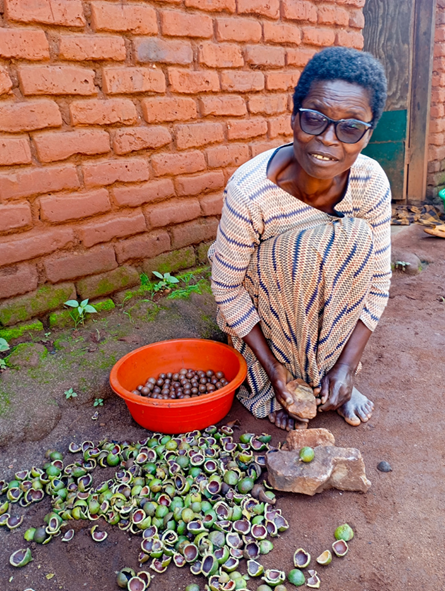
Rosemary Kaphadzale is a smallholder farmer in Malawi and an inspirational example of determination, leadership, and empowerment.
Recently elected as the chairperson of the Chikwatula Macadamia Farmers’ Co-operative, an affiliate of the Highlands Macadamia Planters Co-operative Union Limited (HIMACUL), Rosemary has become a beacon of hope and progress for her community.
Her decision to step into a leadership role was inspired by the governance and leadership training delivered through Our Malawi Partnership, which equipped her with the skills and confidence needed to take on greater responsibilities.
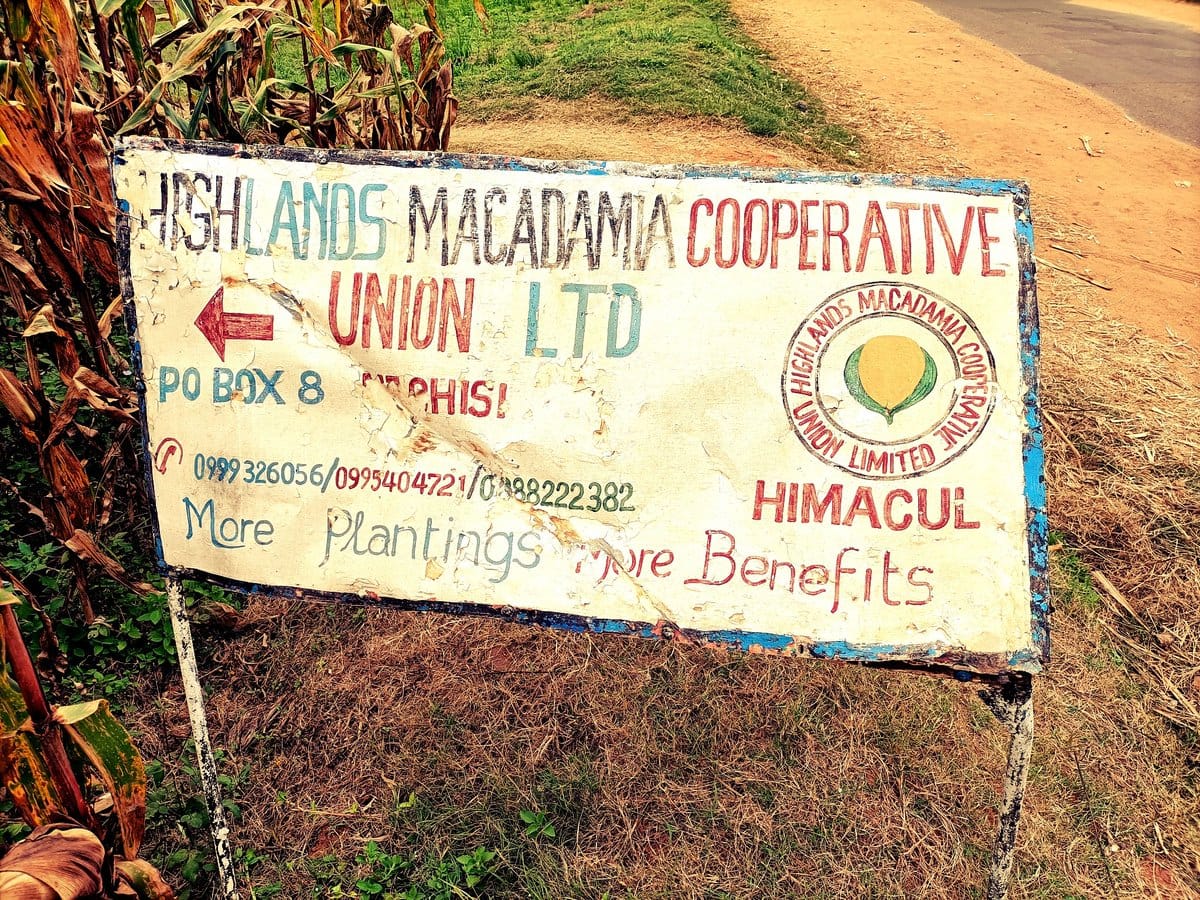
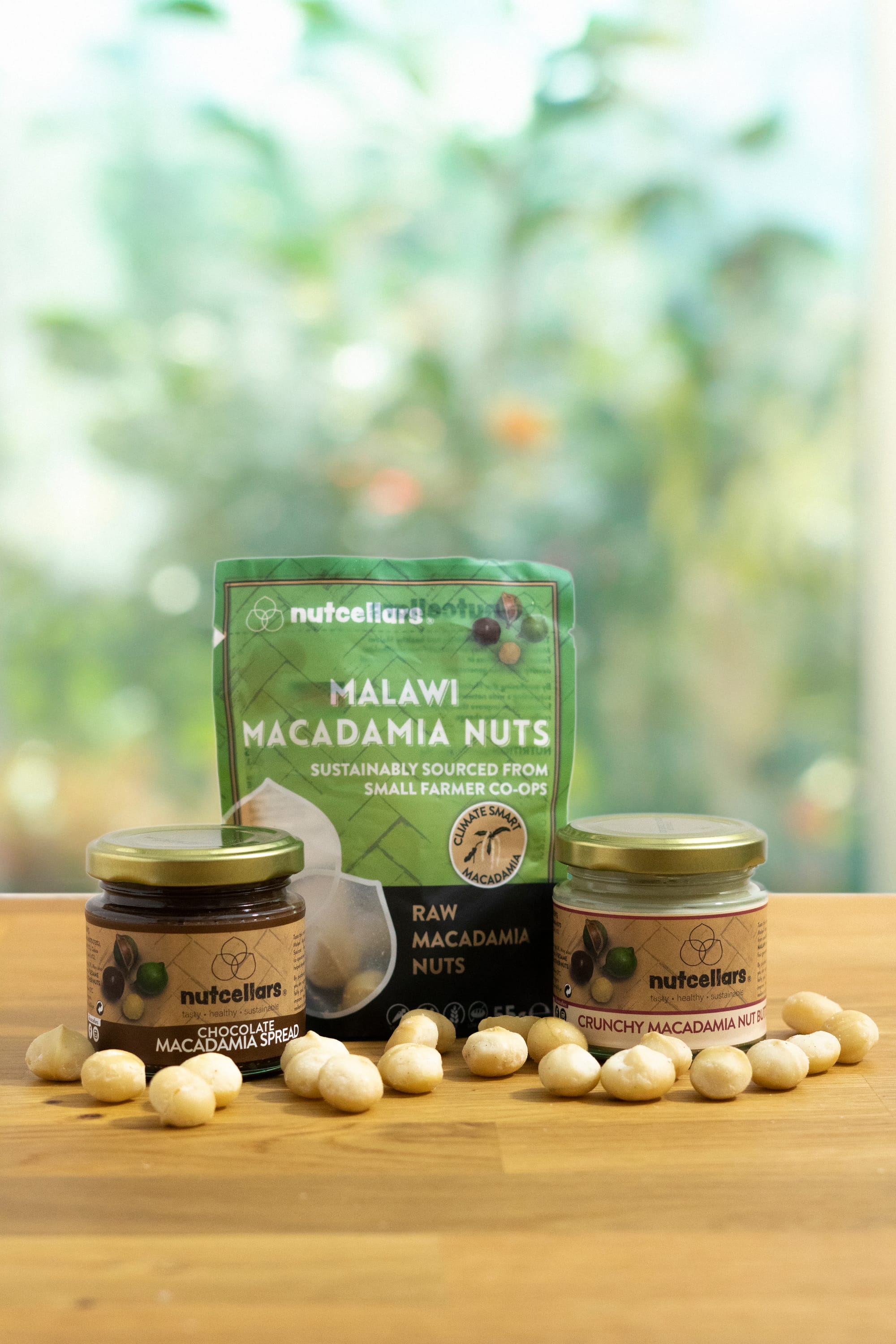
Rosemary has diversified her macadamia crops to include maize production, showcasing her commitment to food security and sustainable farming. During the current production season, she also successfully produced enough organic fertilizer from composted materials and animal manure to nourish her maize crop.
Her dedication to organic practices has paid off, as her maize crops are healthy and thriving, a testament to the organic fertilizer training she’d received through Our Malawi Partnership.
Healthier crops have also strengthened her household’s food security. With ample maize production, her family now have a reliable source of staple food, reducing their dependence on external markets and safeguarding them against food shortages. Additionally, any surplus maize is sold, providing an extra source of income for her household.
As a dedicated member of the Chikwatula Macadamia Farmers’ Co-operative, Rosemary sells all her Grade A macadamia nuts to the co-operative union, ensuring quality and consistency in her produce. She’s particularly excited about the union’s fair-trade certification, which not only guarantees better prices for farmers but also promotes ethical and sustainable farming practices.
Growing climate-resilient crops has become a key strategy for Rosemary in addressing the challenges posed by climate change. By cultivating crops that can withstand unpredictable weather patterns, such as droughts and heavy rainfall, she has ensured more stable yields and reduced the risk of crop failure.
One of her innovative practices is intercropping macadamia trees with soybeans. This approach not only makes better use of her land but also helps in spreading risk across different crops.

Macadamia trees provide shade and improve soil health, while the soybeans fix nitrogen in the soil, benefiting both crops. This symbiotic relationship enhances overall farm productivity and reduces the need for synthetic fertilizers.
Additionally, intercropping diversifies her income sources, as she can harvest and sell both macadamia nuts and soybeans. If one crop is affected by adverse weather or market fluctuations, the other can still provide financial stability.

Keep visiting our Member blog pages to learn how we're working co-operatively every day to build a better world.
Visit the Our Malawi Partnership webpage HERE.



